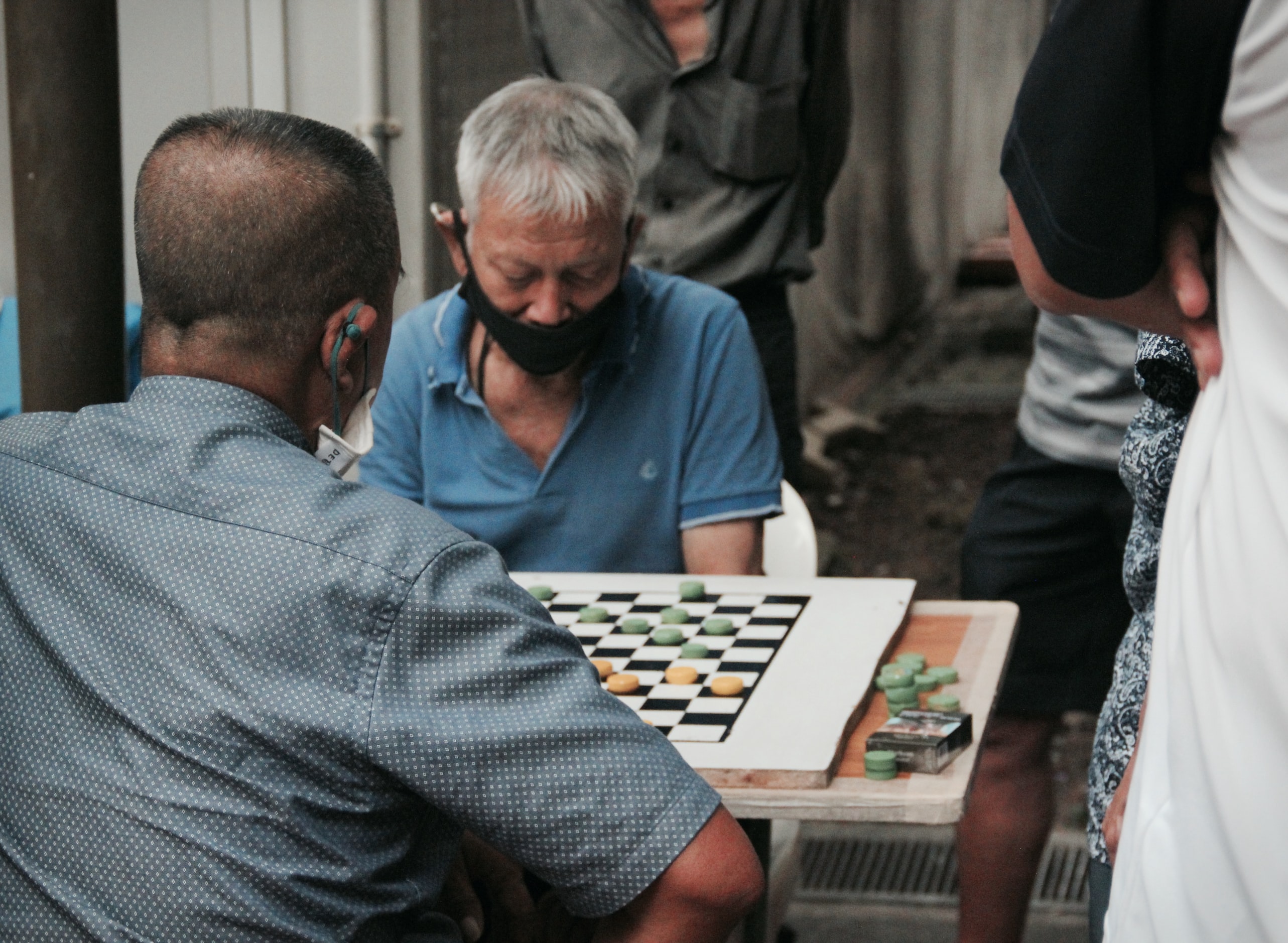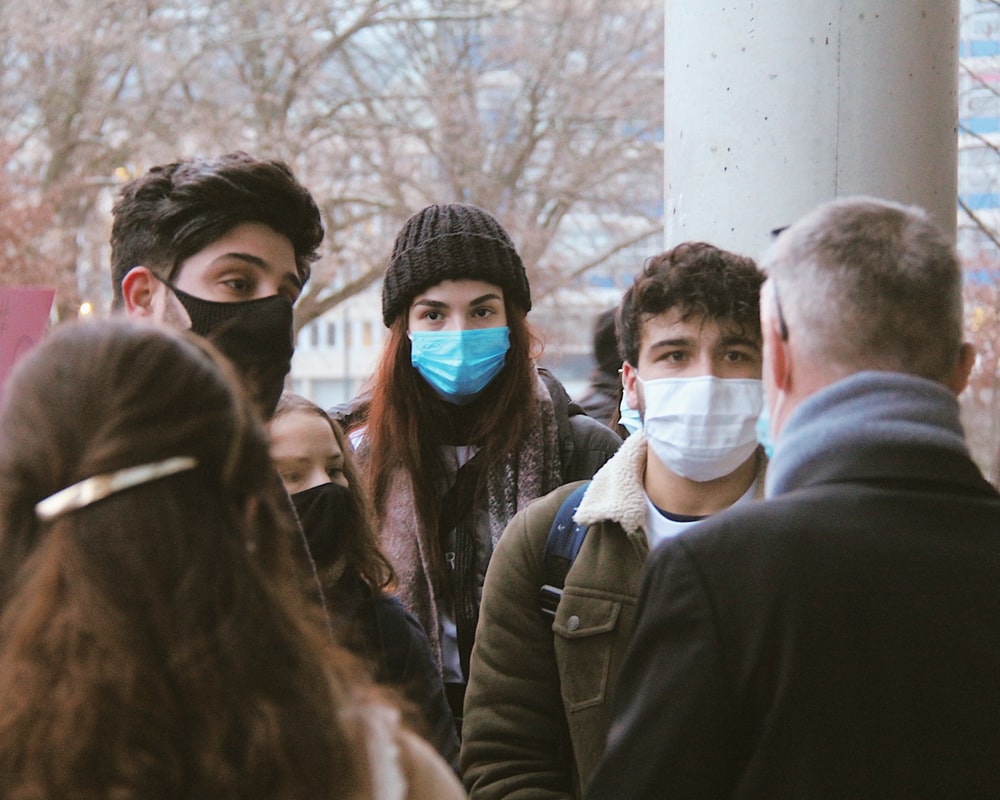Objective:
This work combined machine learning and agent-based modelling to explore various trade-offs between health effects of pandemic interventions and the incurred economic costs. In particular, it was shown that a socially acceptable balance between health effects and incurred economic costs is achievable over a long term, despite possible early setbacks. Informally, this study demonstrated the choice between 'health' and 'economy' is a false choice.
Findings:
The study analysis showed that a significant net health benefit may be attained by adaptive non-pharmaceutical interventions formed by partial social distancing measures, coupled with moderate levels of the society's willingness to pay for health losses. It was demonstrated that a socially acceptable balance between health effects and incurred economic costs is achievable over a long term, despite possible early setbacks.
View full modelling report

